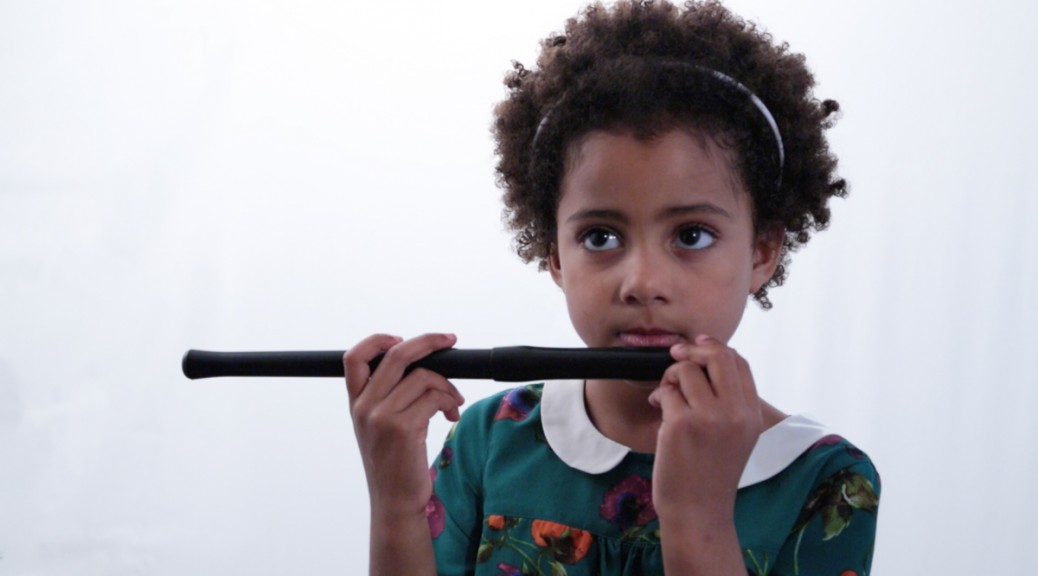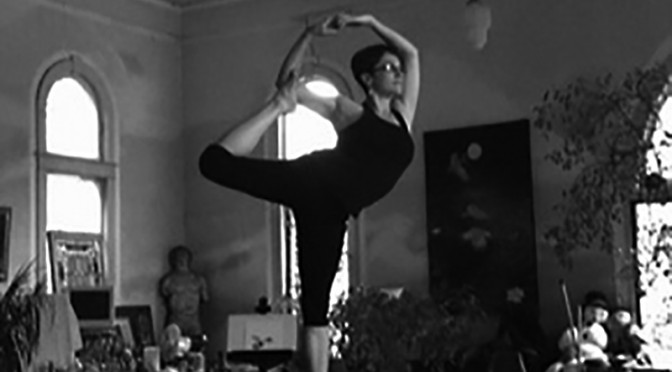Guest Posts
-
Starting Your Child on Flute: How Young is Too Young?
Playing a musical instrument is amazing. It develops so many skills, and not just musical ones: it can build confidence, patience and self-reliance and can enhance verbal memory, spatial reasoning and literacy skills. It goes without saying that we want the best for our children, and certainly the experience of playing an instrument is an…
-
An Interview with Gareth Davies
The following interview with London Symphony Orchestra Principal Flute Gareth Davies interview was originally posted on Principal Chairs. He talks about everything from the LSO to auditions, colleagues in the orchestra, preparing for auditions, his Royal College of Music teaching appointment and his new book about the LSO on tour. Hi Gareth! Thanks for coming…
-
In My Opinion
For many years now there has been an issue in the British flute world that has been allowed to continue unchecked and I feel that is time that someone with a contrasting view voices an opinion.
-
Scales: An Incomplete Look at What Every Flutist Should Know
What’s in a scale? More to the point, what’s in “the Cooper scale”? This short primer on scale—and why every flutist needs to understand its importance— includes a heartfelt appeal for the open information-sharing that defined the character of the late Albert Cooper.
-
Don’t Let A Metal Allergy Stop You Playing Flute
Over recent years in Jonathan Myall Music, we have come across more and more flute players who suffer a silver allergy – and I’m one of them. I have several allergies: silver, dust, cats, (sharp flute playing!), and have found that I can not do anything about them other than to find a way not…





